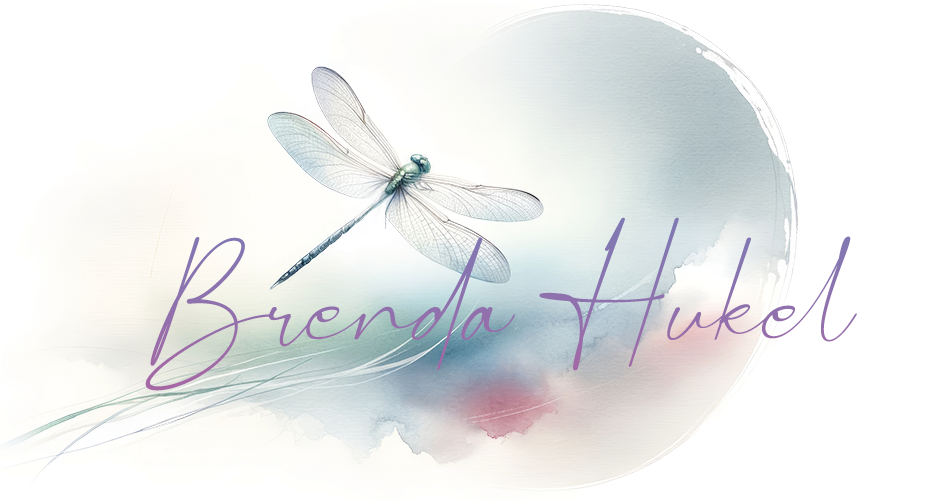The formation of belief systems in children has long captivated psychologists, yet pinpointing the exact age remains elusive. While some propose behavior patterns emerge around age seven, others argue it begins as early as four. A study in the Indian Journal of Psychiatry reveals that children as young as five can demonstrate judgment, marking the early stages of belief and judgment formation. These pivotal cognitive developments are profoundly shaped by childhood experiences, often influenced by our parents’ beliefs, fears, and values, which we absorb without question.
Growing up, I obediently echoed my parents’ beliefs. Their words held power over what was deemed right or wrong, good or bad. It felt as though their beliefs, values, and fears seamlessly
became my own, deeply woven into the fabric of my identity before I could form my own opinions.
Recognizing the intricate connection between our belief systems and emotional triggers, it becomes evident that healing these beliefs is vital for a healthy life. However, it’s equally important to approach this process with compassion and understanding. It’s not about assigning blame to our parents or other influential figures in our lives for shaping these beliefs. Rather, it’s about acknowledging that they were passing on what they had learned, often from their upbringing. This process can have deep ancestral roots, shaping the beliefs and values passed down through generations. This acknowledgment allows us to navigate the healing journey with empathy, recognizing the complexities of our inherited belief systems.
But what happens when the beliefs we inherit no longer resonate with our soul’s truth? As I navigated through life, I realized the power of these inherited beliefs. They weren’t just ideas but the lenses through which I viewed myself and the world around me. Breaking free from their grasp proved daunting at times until I realized the gift of these experiences.
Like a tape recorder, our subconscious mind replays these ingrained beliefs, shaping our thoughts, feelings, and emotional reactions. Even as adults, we find ourselves tangled in the web of our past conditioning, struggling to break free from its grip. However, I realized an emotional trigger is a byproduct of our belief system that resides in our subconscious. If you can remove the emotions and look at the situation objectively versus the need to attack or react, you’ll realize it’s a mirror to unhealed trauma. Identifying the belief and its origin reveals that the person who upsets you is serving as a teacher to bring your awareness to what needs healing. It isn’t about them; it’s about releasing your ego and healing the trauma. It’s a mirror of how you’re treating yourself. Healing your beliefs means no longer experiencing the emotional trigger.
Changing our beliefs, I discovered, is a journey of self-discovery – a journey that requires courage, introspection, and a willingness to challenge the status quo. It’s not as simple as
flipping a switch; it’s a gradual process of unraveling the layers of our conditioning and redefining our reality.
At times, the emotional weight of our beliefs can feel overwhelming, distorting our perception of reality and clouding our judgment. But with patience and persistence, we can rewrite the script of our lives, reclaiming our power and creating a reality that aligns with our true selves.
So, let us embark on this journey together – a journey of self-discovery and liberation. Let us question the beliefs that no longer serve us and embrace the ones that resonate with our deepest truth. Only by shedding the layers of our past conditioning can we truly step into our authentic selves and live a life of purpose and fulfillment.
Here are some steps to changing your belief system and creating the life you desire:
Reflect on Your Beliefs: Take time to identify your current beliefs about yourself, others, and the world. Consider their influence on your thoughts, emotions, and actions.
Explore Their Origin: Investigate where these beliefs originated – from family, society, or past experiences. Understanding their roots provides valuable insight.
Challenge Their Validity: Assess whether your beliefs serve you positively or hold you back. Seek evidence to support or refute them.
Cultivate Awareness: Notice how your beliefs impact your daily life. Increased awareness is crucial for initiating change.
Challenge Limiting Beliefs: Identify beliefs that no longer align with your desired life. Challenge them by seeking contrary evidence or reframing them positively.
Adopt Empowering Beliefs: Choose new beliefs that support your goals. Reinforce them through positive self-talk, visualization, and supportive influences.
Take Inspired Action: Align your thoughts, emotions, and actions with your new beliefs. Take consistent steps toward your goals.
Embrace Growth Mindset: Recognize that beliefs can evolve. View challenges as opportunities for growth, not setbacks.
Seek Support: Surround yourself with encouraging individuals or seek guidance from a coach, therapist, or mentor.
Practice Patience and Persistence: Changing deeply ingrained beliefs requires time and effort. Celebrate small victories and stay committed to your vision for a fulfilling life.
Explore more insights on fearlessly authentic living in my forthcoming book, soon to be released! Stay tuned for the upcoming release date.



0 Comments